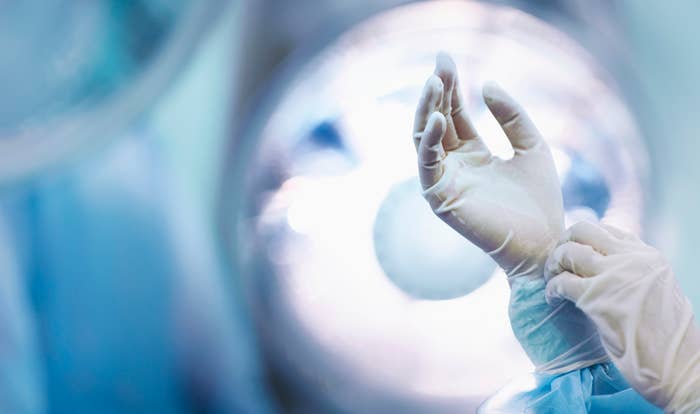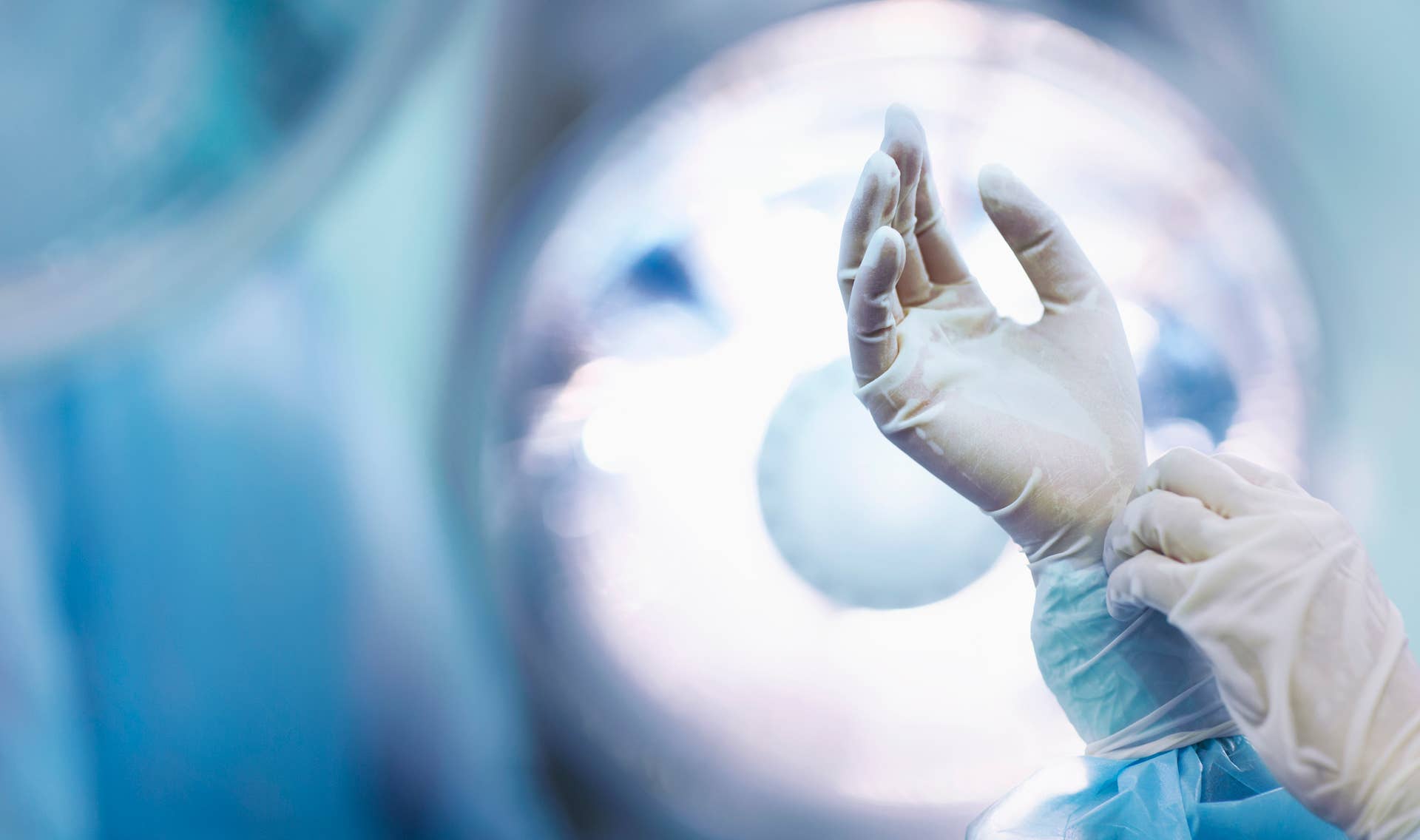
Surgeons at the University of Maryland have successfully transplanted a genetically modified pig’s heart into a human being for the first time ever.
The New York Timesreports the eight-hour procedure took place in Baltimore on Friday at the University of Maryland Medical Center. Doctors replaced the heart of David Bennett, 57, with one from a 1-year-old, 240-pound pig provided by Revivicor, a regenerative medicine company located in Blacksburg, Virginia.
“It was either die or do this transplant,” Bennett said in a statement provided by the University of Maryland School of Medicine. “I want to live. I know it’s a shot in the dark, but it’s my last choice.”
Dr. Bartley Griffith, who performed the operation, recalled the memorable interaction he had with Bennett when telling him about the potential surgery.
“I said, ‘We can’t give you a human heart; you don’t qualify. But maybe we can use one from an animal, a pig,” Dr. Griffith explained. “It’s never been done before, but we think we can do it. I wasn’t sure he was understanding me. Then he said, ‘Well, will I oink?’”
So far, Bennett is breathing on his own without a ventilator, with medical staffers noting that the first 48 hours passed without any issues.
“It creates the pulse, it creates the pressure, it is his heart,” Dr. Griffith said. “It’s working and it looks normal. We are thrilled, but we don’t know what tomorrow will bring us. This has never been done before.”
Dr. David Klassen, who i9s the chief medical officer of the United Network for Organ Sharing, praised Dr. Griffith for opening doors with his groundbreaking surgery.
“This is a watershed event,” Dr. Klassen said. “Doors are starting to open that will lead, I believe, to major changes in how we treat organ failure.”

